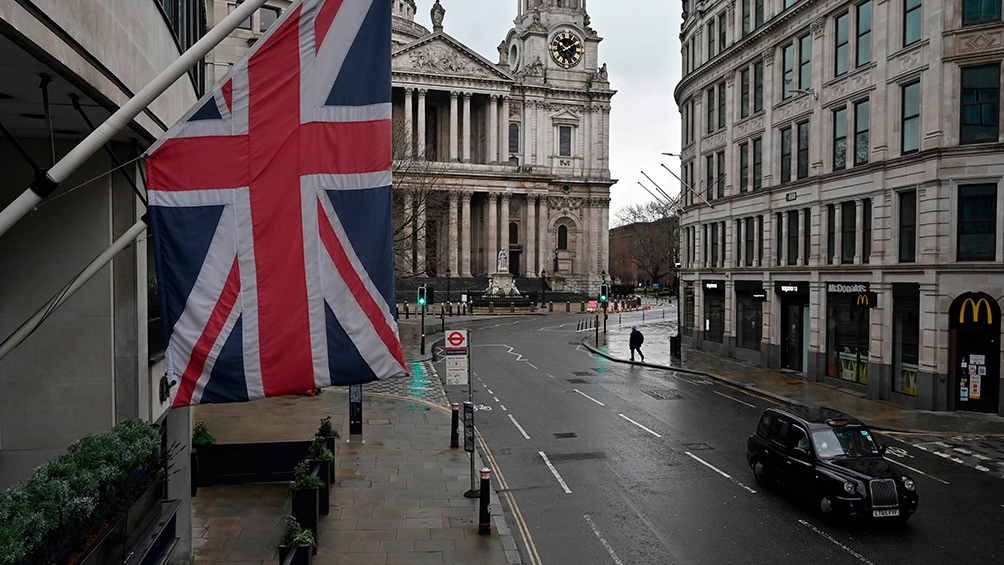On Wednesday, half a million workers from seven British unions are expected to demonstrate in the biggest strike in a decade, demanding wage increases and better working conditions amid high inflation.
The unions, which include teachers, train and bus drivers, civil servants, university professors and security guards, hope to show their support for the workers who defend wages, jobs and services and will also demonstrate against the government’s new anti-strike law.
Paul Nowak, general secretary of the British Workers’ Union (TUC), said Wednesday will be a significant day for workers.
Union Leaders Will Meet Education Minister Gillian Keegan
In addition, union leaders will meet Education Minister Gillian Keegan today to try to prevent a teachers’ strike that would affect tens of thousands of schools in England and Wales.
Mary Bousted, NEU’s joint general secretary, said the union is open to talks with the minister, but the government has yet to show any indication that she wants to negotiate.
The unions’ concern also extends to the lack of evidence from the government on teacher pay for next year.
The UK has been rocked by a wave of strikes in recent months that hit various sectors of the economy, including transport, education, government, health and public services.
Workers have been fighting for higher wage increases due to the rising cost of living, which has exceeded 10%.
The prices of basic products have risen significantly, leaving workers without enough money to cover their needs.
These strikes have also been driven by the need for greater protection against dismissals as well as an improvement in their working conditions.
This article is originally published on radio3cadenapatagonia.com.ar


